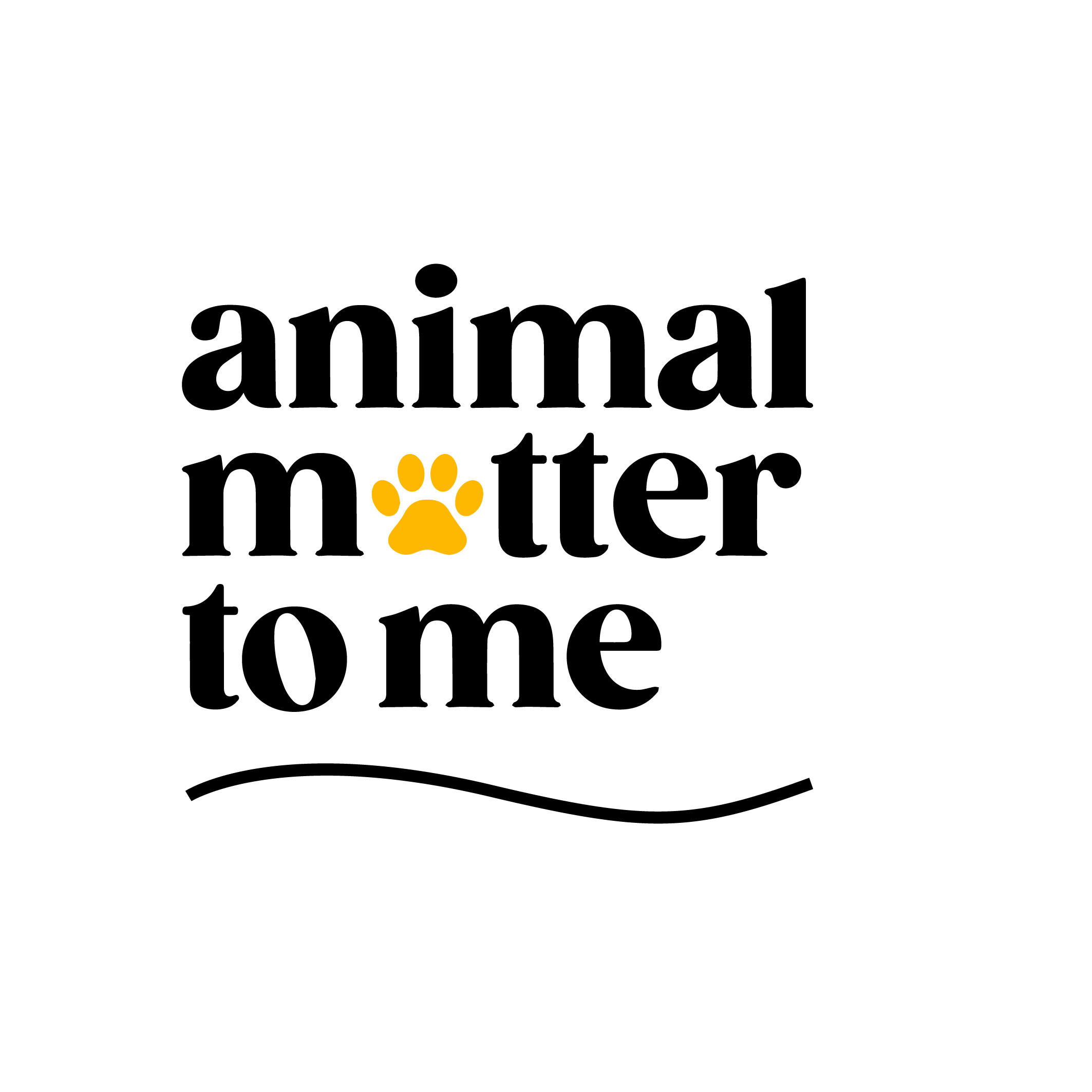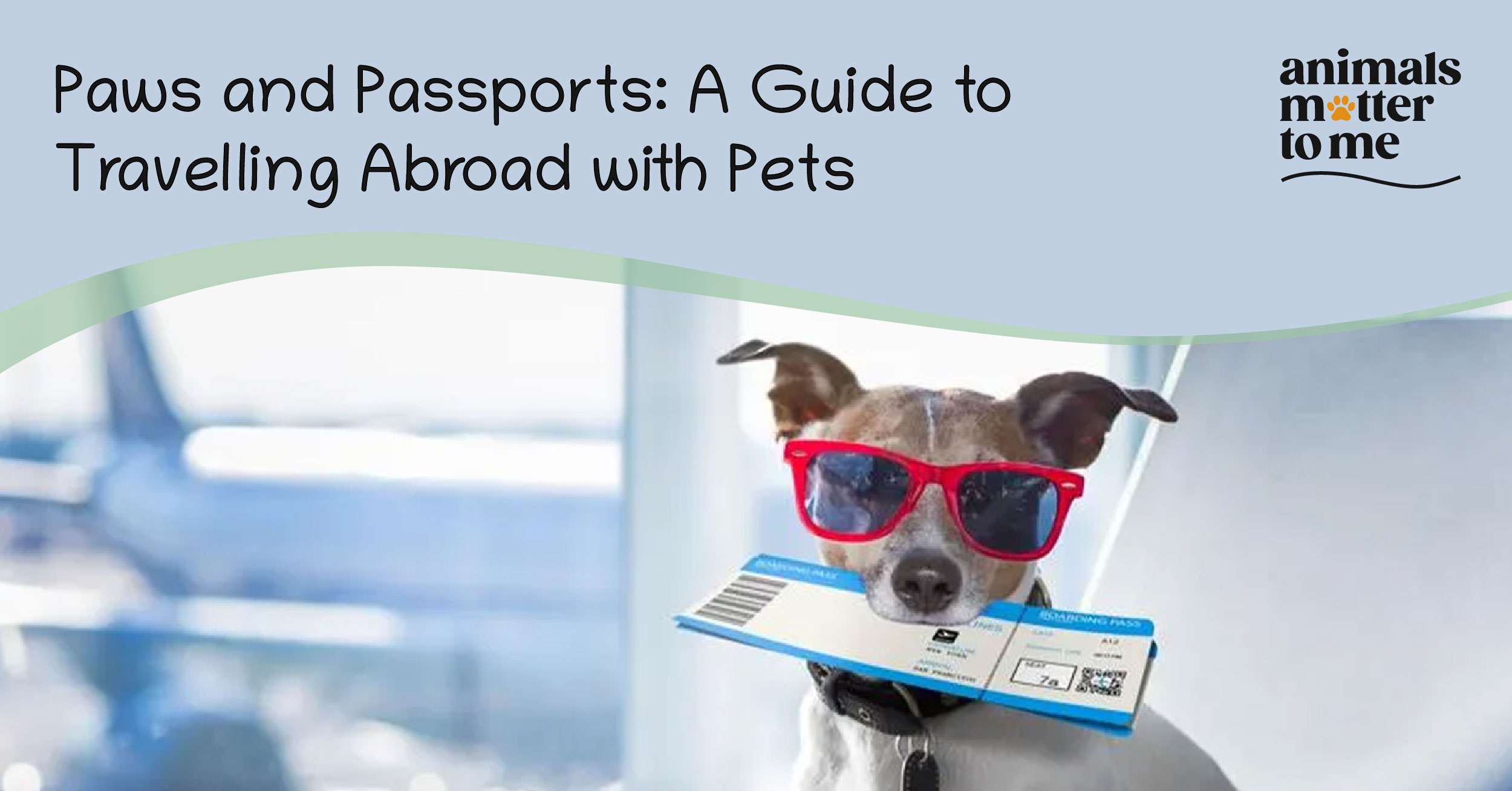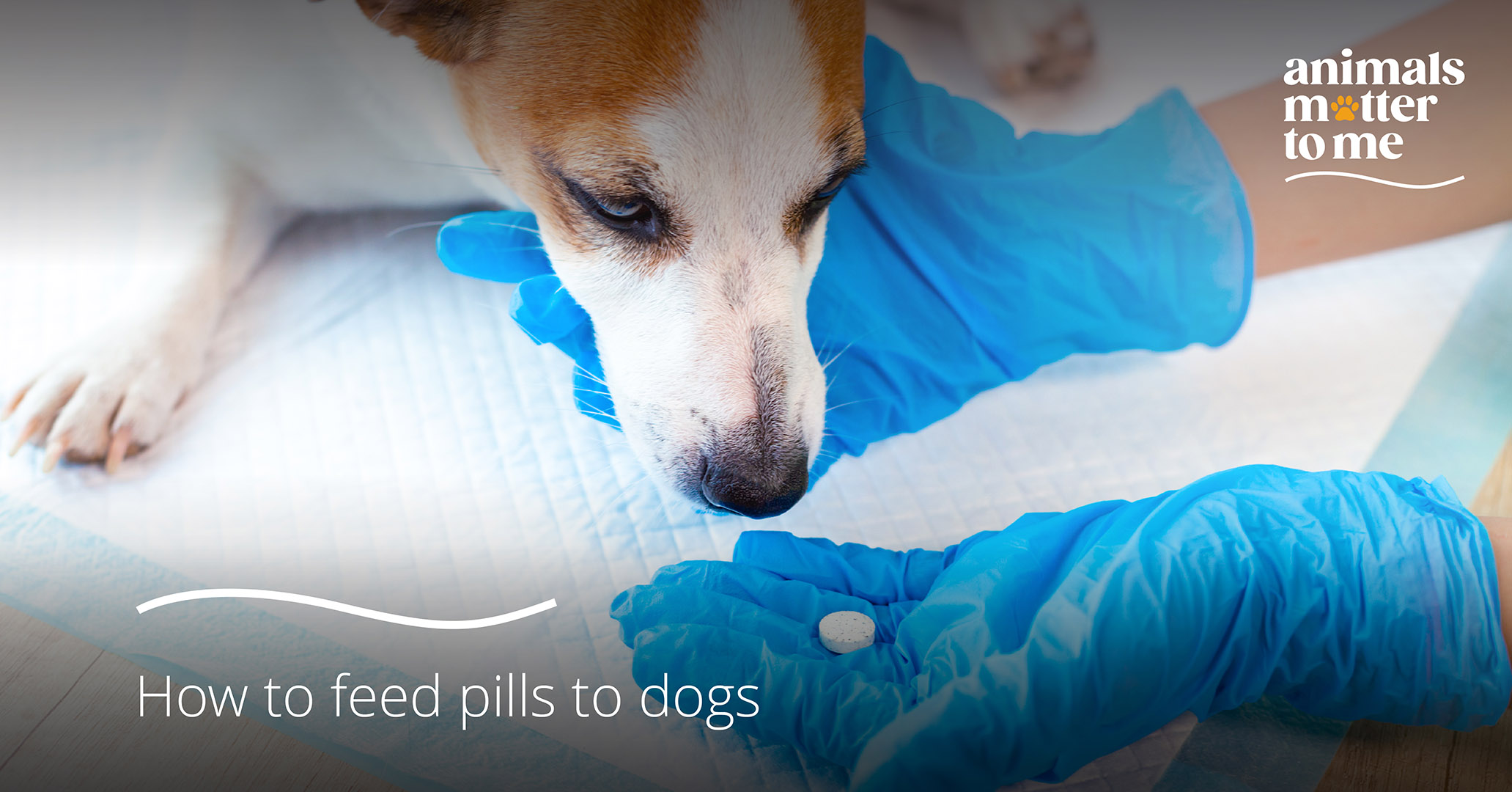Taking pets abroad involves several steps to ensure their well-being and adherence to legal compliance. Below are a few general guidelines, but it’s essential to check the specific requirements of the destination country as regulations may vary.
Microchipping:
Ensure your pet is microchipped with an ISO 11784/11785 compliant 15-digit pet microchip. Make sure the microchip is registered with your contact details.
Pet passport:
Obtain a pet passport from a registered veterinarian. This document includes your pet’s identification information, vaccination records and health certificates.
Vaccinations:
Make sure your pet is up-to-date on all required vaccinations. A rabies vaccination is usually mandatory, and it must be administered at least 21 days before travel.
Health certificate:
Obtain an accredited veterinarian-signed health certificate. This certificate verifies that your pet is in good health and fit for travel. Some countries require this certificate to be issued within a specific time frame before departure.
Destination country requirements:
Research and understand the specific requirements of the destination country. This may include quarantine periods, additional vaccinations, or specific health checks.
International travel crates:
Invest in an IATA-approved travel crate that meets the airline and destination country’s regulations. The crate should be well-ventilated, sturdy, and appropriately sized for your pet.
Airline regulations:
Choose an airline that is pet-friendly and complies with international pet transportation regulations. Some airlines have specific requirements and restrictions for pet travel.
Book in advance:
Inform the airline about your intention to travel with a pet. Airlines have limitations on the number of pets allowed on each flight, so booking early is essential.
Customs and documentation:
Familiarise yourself with the customs regulations of the destination country. Be prepared to provide the necessary documentation, pay any required fees, and follow customs procedures upon arrival.
Pet-friendly accommodation:
If you’re relocating permanently, ensure your new residence is pet-friendly. Check local regulations and find suitable accommodation that welcomes pets.
Professional pet relocation services:
Consider hiring a professional pet relocation service that specialises in international pet transport. They can assist with paperwork and logistics while ensuring compliance with legal regulations.
Always double-check the specific requirements of the destination country and consult with your veterinarian to ensure a smooth and stress-free journey for you and your pets. Keep in mind that regulations may change, so staying informed is crucial.




